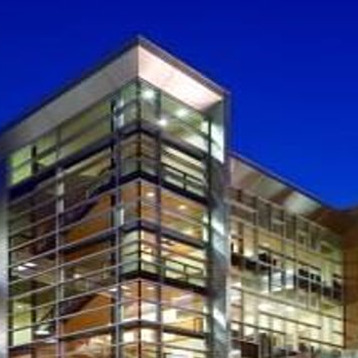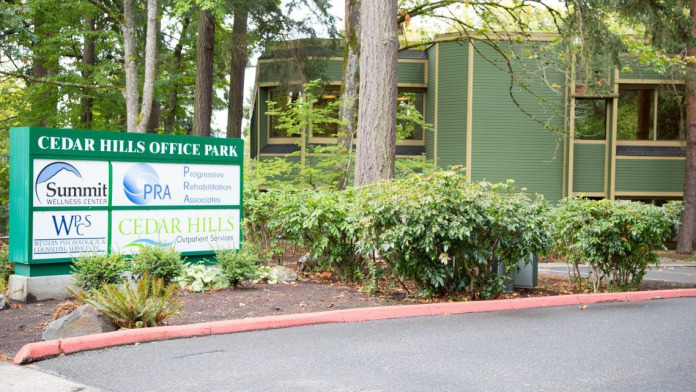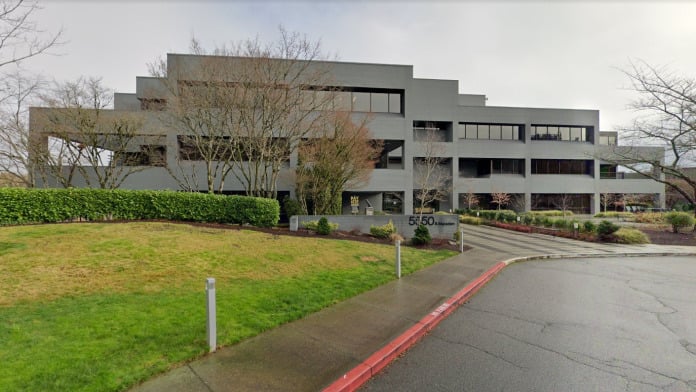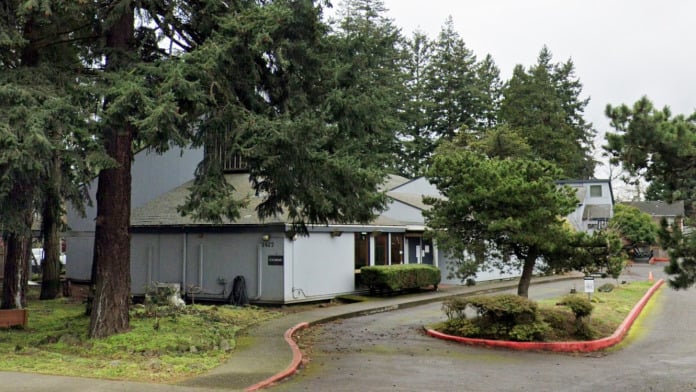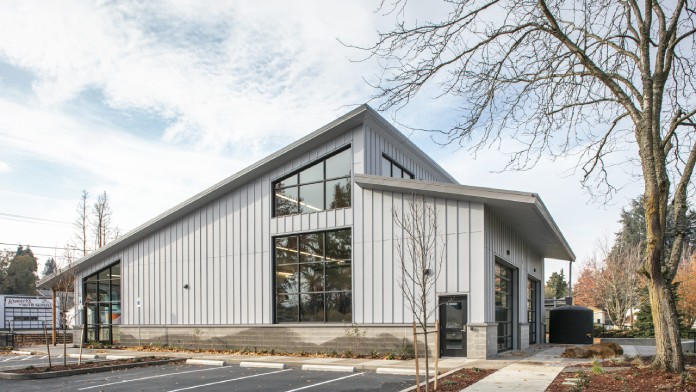About SLO Recovery Center
This addiction treatment center offers various therapies, including family therapy, Cognitive Behavioral Therapy (CBT), Dialectical Behavioral Therapy (DBT), exposure therapy, and trauma based therapy. These therapies are provided during treatment programs like the ones listed below offered at the SLO Recovery Center.
The partial hospitalization program (PHP) offered at this addiction treatment center is an alternative to inpatient treatment. Patients aren’t required to stay overnight and instead receive treatment during the day.
Those enrolled in this PHP will have access to DUI services, various therapy modalities, 12 step recovery groups, and relapse prevention services. In addition, this PHP also offers patients access to acupuncture, yoga, and community based activities during their stay, which can vary between five to 30 days.
Not everyone has time to book into an inpatient treatment program. An intensive outpatient treatment program is usually best for those who still need to attend school, work, and other daily affairs.
The IOP at this rehab center offers flexible but rigid treatment through individual and group therapy for 9 to 15 hours weekly. Typically, those who have completed the PHP enroll in the IOP at this addiction treatment center. In addition, it operates for between 30 to 45 days.
Those who are stable but require ongoing support, monitoring, and substance abuse disease management can enroll in the less intensive outpatient program (OP) at the SLO Recovery Center.
This addiction treatment program promotes self efficiency and community integration. It is operational for 30 to 45 days and requires individuals to attend individual and group counseling sessions weekly.
The ambulatory detox program offered by this addiction treatment center is a cost effective solution for those seeking drug and alcohol addiction recovery. This detox program is unique in allowing patients to receive high quality treatment during the day at their homes.
This type of detox aims to help individuals integrate into other treatment pathways and programs, which is why patients are only enrolled for two to five days.
Facility Overview
Latest Reviews
Rehab Score
Gallery
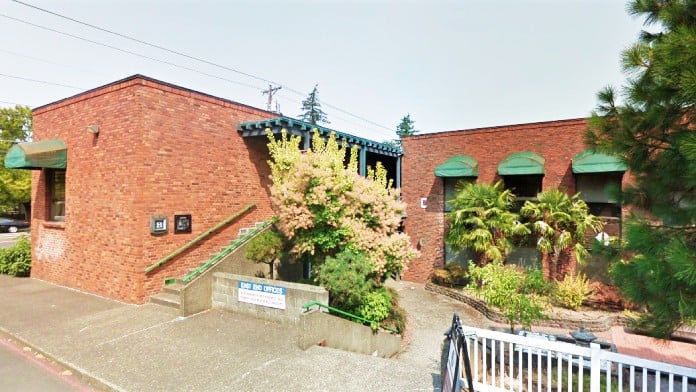
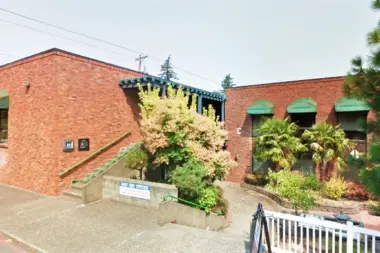
Accepted Insurance
Other Forms of Payment
Self-pay involves paying for treatment out of your own pocket. You can use savings or credit, get a personal loan, or receive help from family and friends to fund your treatment. If you don't have insurance or your insurance plan doesn't cover a specific program, self-pay can help ensure you still get the care you need.
Financial aid can take many forms. Centers may have grants or scholarships available to clients who meet eligibility requirements. Programs that receive SAMHSA grants may have financial aid available for those who need treatment as well. Grants and scholarships can help you pai for treatment without having to repay.
Military members, veterans, and eligible dependents have access to specific insurance programs that help them get the care they need. TRICARE and VA insurance can help you access low cost or no cost addiction and mental health treatment. Programs that accept military insurance often have targeted treatment focused on the unique challenges military members, veterans, and their families face.
Addiction Treatments
Levels of Care
Outpatient Programs (OP) are for those seeking mental rehab or drug rehab, but who also stay at home every night. The main difference between outpatient treatment (OP) and intensive outpatient treatment (IOP) lies in the amount of hours the patient spends at the facility. Most of the time an outpatient program is designed for someone who has completed an inpatient stay and is looking to continue their growth in recovery. Outpatient is not meant to be the starting point, it is commonly referred to as aftercare.
Residential treatment programs are those that offer housing and meals in addition to substance abuse treatment. Rehab facilities that offer residential treatment allow patients to focus solely on recovery, in an environment totally separate from their lives. Some rehab centers specialize in short-term residential treatment (a few days to a week or two), while others solely provide treatment on a long-term basis (several weeks to months). Some offer both, and tailor treatment to the patient's individual requirements. Linden Oaks' Residential Stay Program offers additional support for those who may benefit from a structured living environment. A patient's stay may vary from a few days to 30 days ago. The program includes group, family and individual counseling.
Intensive Outpatient programs are for those who want or need a very structured treatment program but who also wish to live at home and continue with certain responsibilities (such as work or school). IOP substance abuse treatment programs vary in duration and intensity, and certain outpatient rehab centers will offer individualized treatment programs. The Intensive Outpatient Program gives patients the chance to participate in a structured treatment plan part-time while they transition back to home and work or other responsibilities. This program provides half-day treatment (Monday, Wednesday and Friday, 9:15 am to 12:30 pm).
When participating in 12 step programs, clients receive intensive and ongoing peer support as they work through the recovery journey. They're expected to regularly attend 12 step meetings and to select a peer sponsor for one-on-one mentoring. Meetings are free, anonymous, and accessible multiple times a day, 365 days per year, in most communities. Religious affiliation is not required, though these programs are rooted in the belief in a higher power as a foundation of personal growth and long-term sobriety.
After completing a rehab program, if you don't feel ready to fully re-enter life ourside the safety of the rehab, a sober living home in Oregon can be a good option. A halfway house can provide the structure you need to practice recovery skills in a substance-free environment before you enter mainstream society. During your stay, you'll participate in 12-step meetings, help with household duties, and receive mutual support from others in recovery.
A partial hospitalization program (PHP) is a more intensive form of outpatient and can be a step-down service in substance use disorder treatment. During PHP treatment, which lasts 4-8 hours per day and up to 5 days a week, you'll participate in daily therapeutic services (relapse prevention, medication management, and behavioral therapy) for an average of 90 days. The cost of PHP treatment varies, but it is typically covered by insurance providers.
Programs
Adult rehab programs include therapies tailored to each client's specific needs, goals, and recovery progress. They are tailored to the specific challenges adult clients may face, including family and work pressures and commitments. From inpatient and residential treatment to various levels of outpatient services, there are many options available. Some facilities also help adults work through co-occurring conditions, like anxiety, that can accompany addiction.
Serving in the military is both mentally and physically challenging, and can result in trauma that persists even after combat ends. Military programs are tailored to the specific and often complex needs of active duty personnel, veterans, and military families. Clients often access these programs through the U.S. Department of Veterans Affairs (VA).
Clinical Services
Cognitive behavioral therapy (CBT) in Oregon is a short term talk therapy method used to treat mental and behavioral disorders. Based on client needs, the therapist may recommend five to 20 sessions. Typically, this form of therapy requires fewer sessions than many other types of treatment.
The six main elements of dialectical behavior therapy are designed to help you develop skills for recovery. These are related to: 1. Accepting your circumstances 2. Learning new skills 3. Receiving support 4. Learning positive behavioral responses 5. Changing negative thought patterns 6. Building collaboration skills.
Group therapy sessions build community among participants. This community spirit creates strong bonds that support your path to recovery. The group setting offers you the opportunity to share experiences and goals in a judgment free environment.
Individualized therapy is personalized sessions to address your drug and alcohol addiction treatment. Your therapist seeks to understand your background and addiction triggers so they can collaborate with you to create a customized plan. In this plan, you set realistic goals, address underlying mental and emotional issues, and develop effective coping strategies.
During trauma theory, you can explore the impact that traumatic events had on your life in a safe and supportive space. Your therapist will guide you in understanding your emotional and physical trauma responses while helping you to develop better coping skills so you can reclaim your life.
Viewed as a method of communication rather than an intervention, motivational interviewing is an evidence based approach to rehab treatment in Oregon. The principles of this method have a common sense appeal and are readily applied to many therapeutic programs. Core strategies include acceptance, listening, and summarizing.
Amenities
-
Residential Setting
-
Private Rooms
Staff & Accreditations
Staff
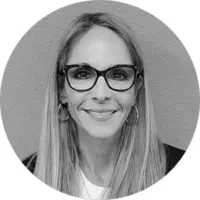
Serenna MacLachlan, MS, MAC, CADC-III, QMHP, SUDCC4
CEO

Tanis Hayden, MA, CADC-III, QMHP
Executive Director

Merle D. Williamson, M.D.
Medical Director

Martha Pace, ND
Naturopathic Physician
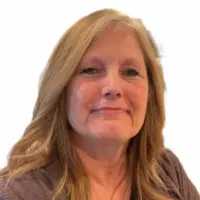
Rebecca Evans, MS, MAC, CADC III, QMHPC
Clinical Director
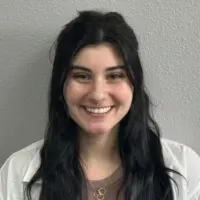
Amie Gigliotti, CADC II, QMHA-R
Clinical Supervisor

Lisa Vesley, CADC-I, CRM
Substance Abuse Clinician & Lead Mentor Supervisor
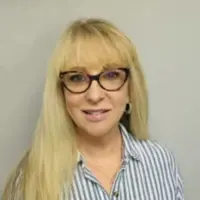
Ginger Jones, CADC-I, QMHA-R, CRM
Substance Abuse Clinician & Recovery Mentor
Accreditations

The Joint Commission, formerly known as JCAHO, is a nonprofit organization that accredits rehab organizations and programs. Founded in 1951, the Joint Commision's mission is to improve the quality of patient care and demonstrating the quality of patient care.
Joint Commission Accreditation: Yes
Contact Information
1122 NE 122nd Ave
Suite A-200
Portland, OR 97230



